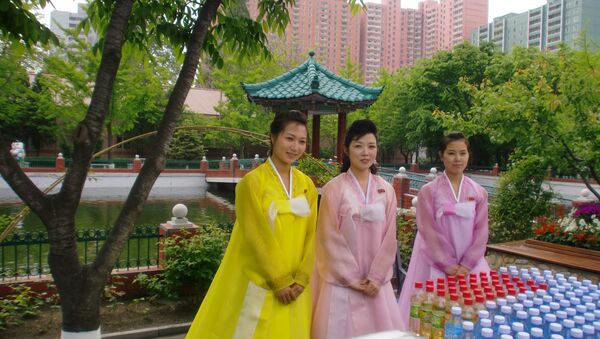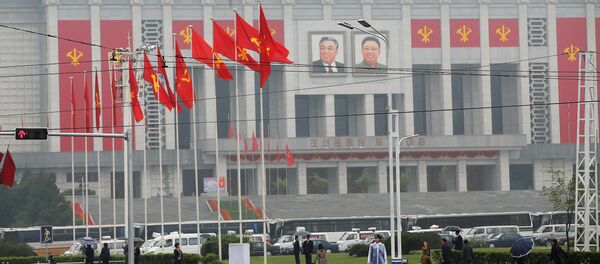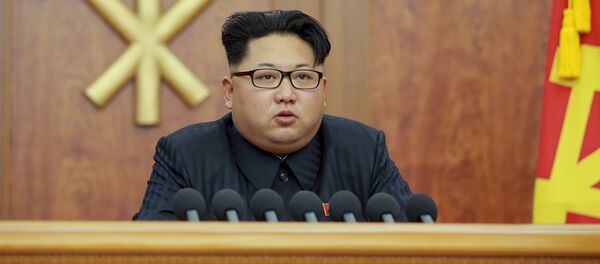“Right under the plane peasant groomed fields can be seen; here and there quite decent holiday cottages with colorful roofs are visible. Sixteen years ago, during my first trip to North Korea along with the team of then head of the Russian Foreign Ministry, Igor Ivanov, I saw that the fields were not that well-kept and there were no cottages but only inconspicuous gray structures of unknown material, which casted doubt on their habitability.”
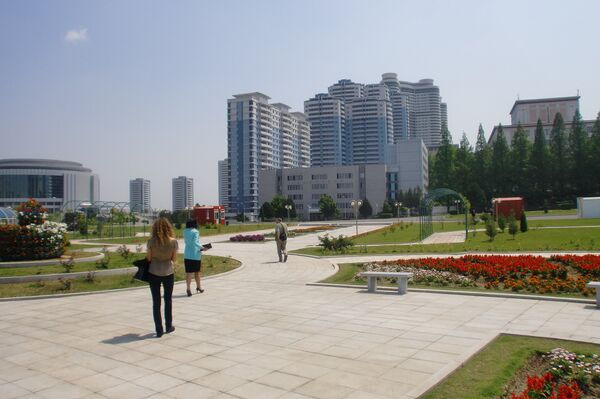
“On the way to Pyongyang we came across quite modern cars on the streets, and even good-quality beautiful villages with people moving about on foot or by bikes, albeit modest, but well-dressed people.”
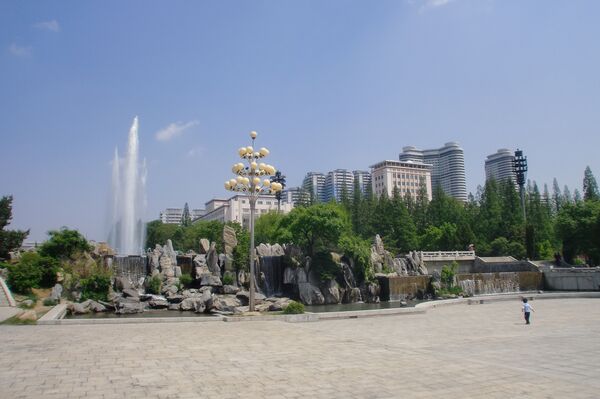
The journalist further said that even Pyongyang has changed and it has whole neighborhoods full of 40 to 50-story high-rise buildings.
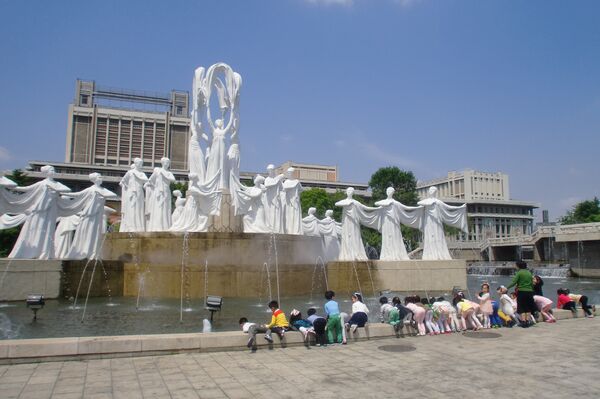
Previously, the capital's streets had very long queues at the tram and bus stops, where there was almost a complete absence of trolleybuses and buses. That has now changed completely; there is now a large number of taxis and cars in the city both of North Korean, Chinese and Japanese production.
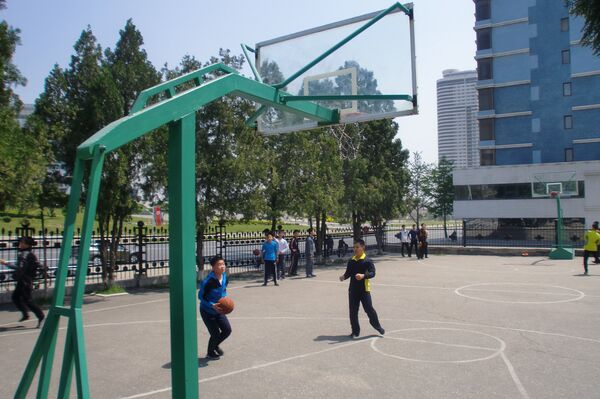
Another observation made by the journalist was that residents of Pyongyang do not experience any food deficit. According to the information received by the journalist the reason for that is the fact that a few years ago there was a sharp increase in the number of farms, growing a variety of agricultural products.
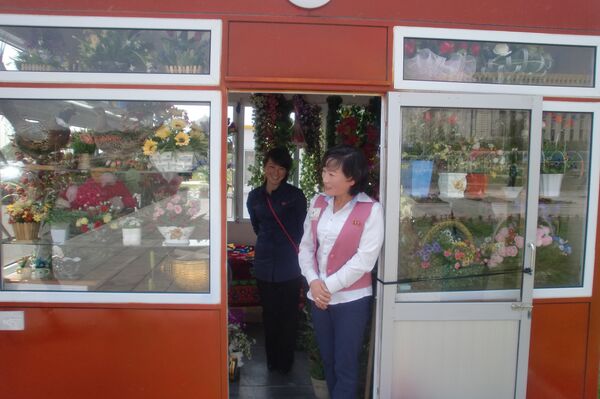
Industrialized production is also developing. Ivanov paid a visit to two factories of the city, one for the production of electrical cables and the other for silk production.
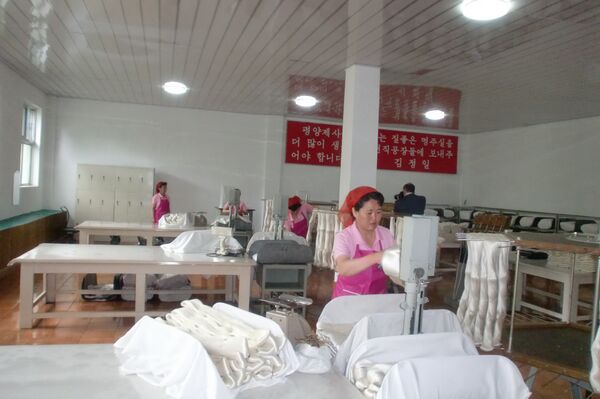
The journalist saw some workers at the factory who spoke willingly, but used roughly the same language as is used during management reports by the Party. They used slogans.
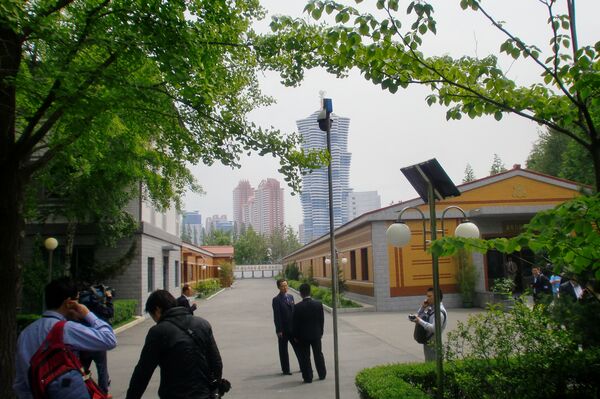
Back in the day, North Korea received aid from the USSR and China, and, according to some experts, the Soviet aid accounted for 80 percent. When due to the well-known reasons, this assistance declined sharply, North Korea faced economic difficulties. This forced the North Korean leadership in the late 1990s — early 2000s to allow the community to develop the co-operative sector.
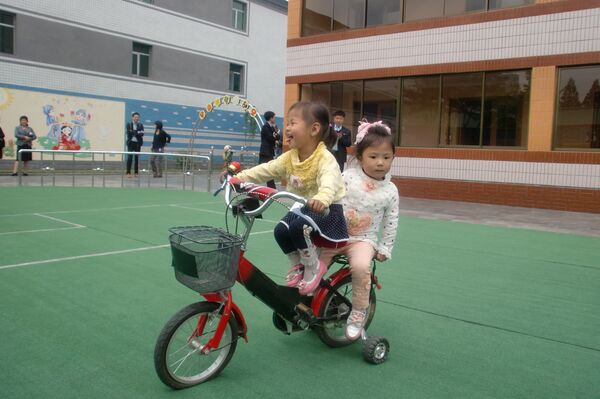
It has already helped to resolve some of the problems, in particularly food supplies to the population. But much remains to be done, as Kim Jong-un said in his report to the Congress: it is necessary to overcome economic backwardness, including through promotion of contracts and cooperative forms of economy.
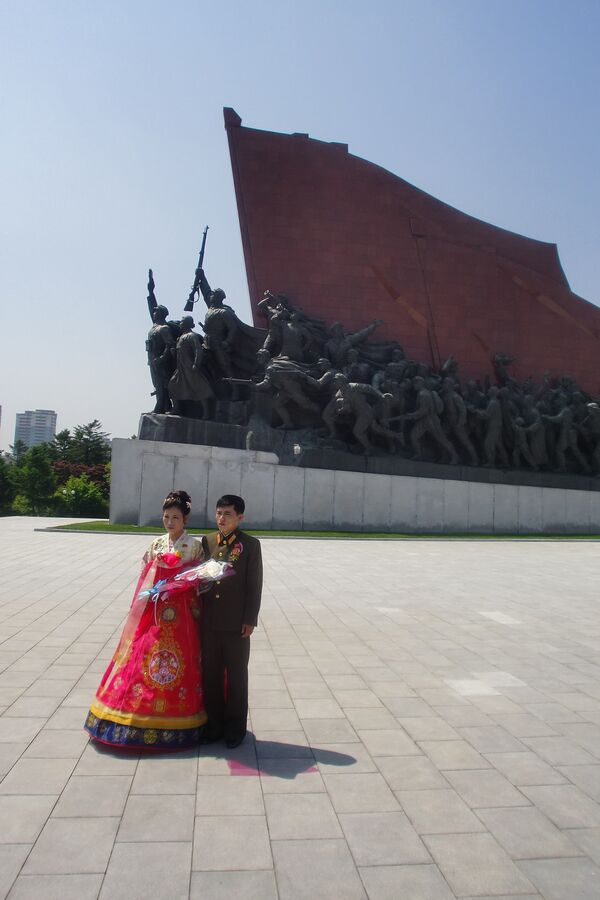
According to some Russian experts, Pyongyang is carefully studying the experience of the Chinese, Vietnamese and Russian reforms.
However, in North Korea the ideological core figure remains Kim Il-sung and Kim Jong-il, as well as the idea of Juche. There is, of course, the policy of Songun (先 軍), that is the priority of the army as the main guarantor of security and independence.
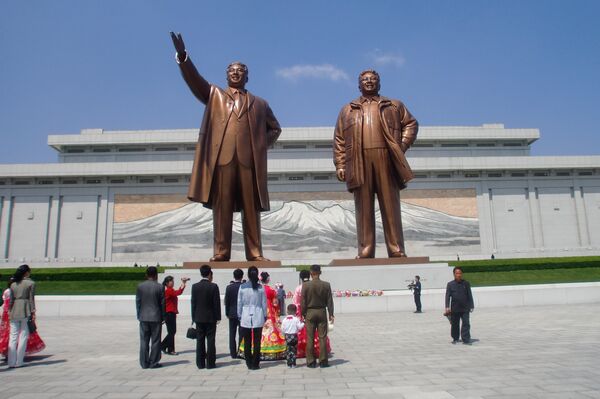
This is particularly important at a time when neither the US nor South Korea is willing to agree to any negotiations with North Korea in any reasonable manner. By tightening the sanctions against Pyongyang, the US indicates that Washington and Seoul do not want to abandon the policy of economic strangulation with regards to North Korea.
Apparently, they are hoping that they will be able to weaken the Pyongyang regime and unite Korea under Seoul's authority similar to the German scenario.
In order to avoid such a fate, the DPRK must grow its own economy and military capabilities. But doing that is impossible without real reforms in the country, be it via the Chinese or Vietnamese model, Ivanov concluded.

